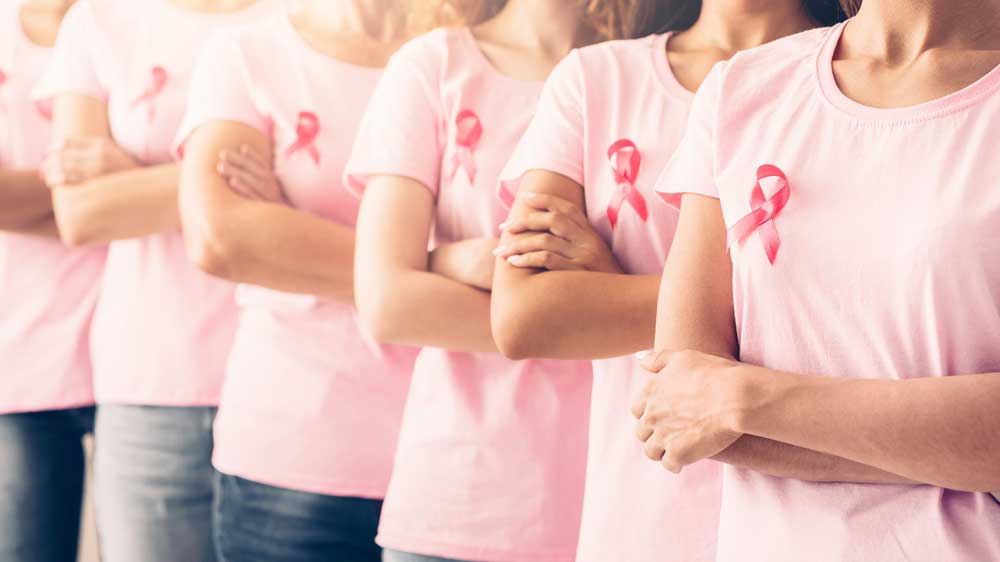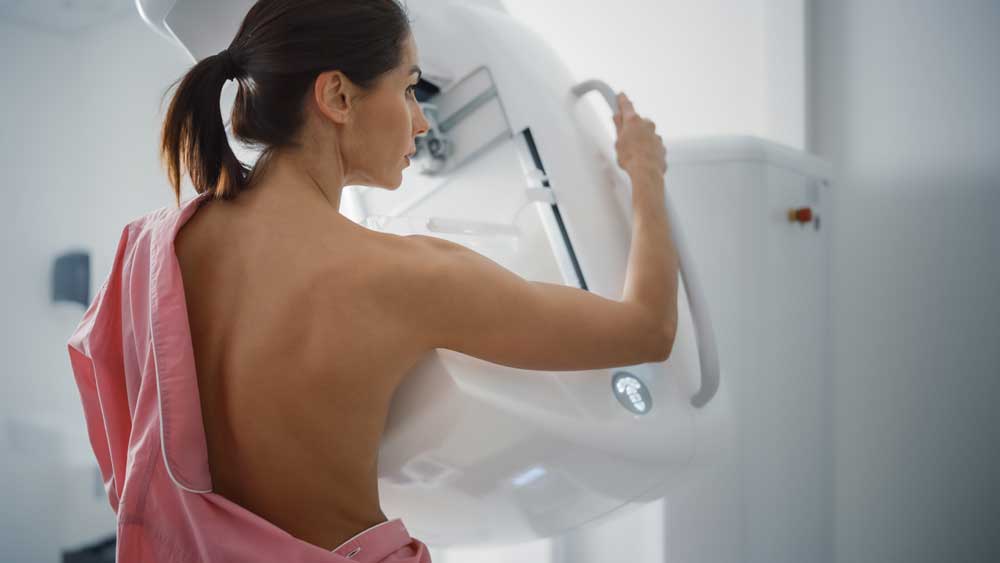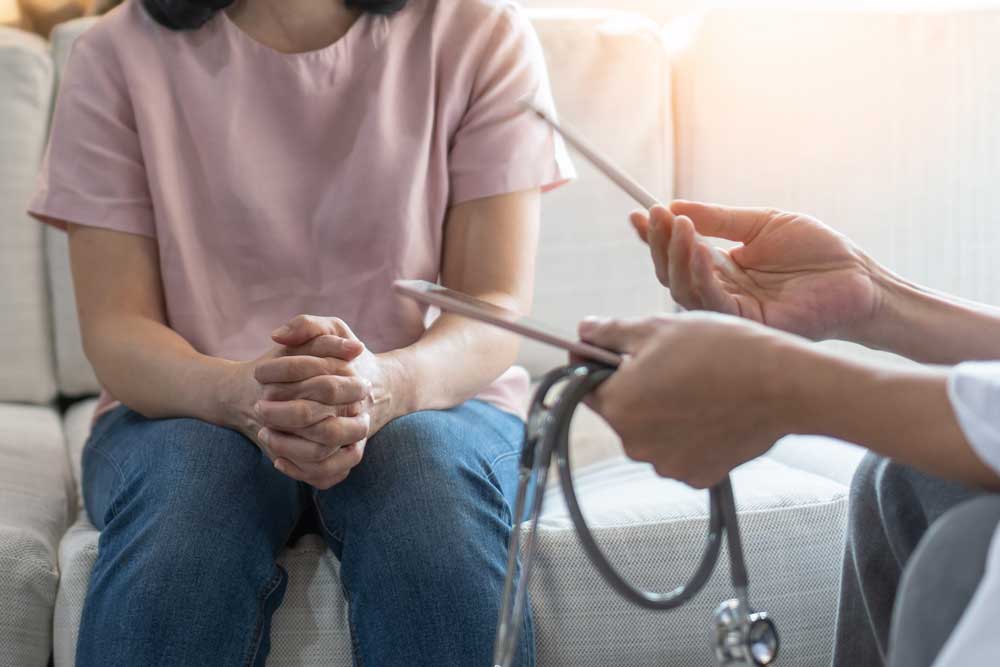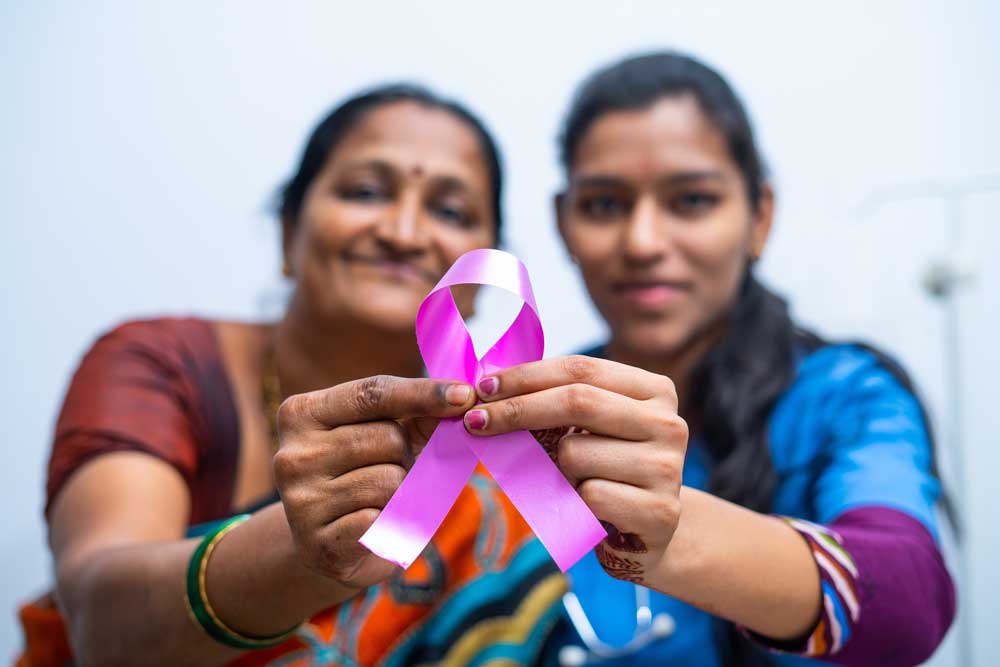Early detection of cancer can be a true lifesaver, dramatically improving treatment outcomes and survival rates. Regular screenings are one of the most effective ways to catch cancer in its earliest stages, often before symptoms even appear. For women, specific cancer screenings can play a pivotal role in preventive healthcare and peace of mind. In this guide, we’ll cover essential information about cancer screenings for women, including what tests to consider, when to schedule them, and how they can help protect your health.
Why Early Detection is Life-Saving

Early detection through regular screenings can make all the difference in cancer treatment. When detected in its early stages, many cancers can be treated more successfully, often with less aggressive treatments. Early diagnosis improves the likelihood of curing the disease, reduces the complexity of treatment, and can significantly lower treatment costs. For women, regular screenings for specific cancers like breast and cervical cancer have proven to reduce mortality rates, highlighting just how impactful early detection can be.
Essential Cancer Screenings for Women

Certain types of cancers have established screening protocols designed to detect them early, especially those that commonly affect women. Here are the primary cancer screenings that should be on your health radar:
1. Breast Cancer Screening
Recommended Screenings: Mammograms are the most common tool for early breast cancer detection.
When to Get Screened: Women aged 45–54 are generally advised to get mammograms annually, while those 55 and older can consider biennial screenings. For women with a family history of breast cancer or other risk factors, screenings may be recommended to start earlier.
2. Cervical Cancer Screening
Recommended Screenings: Pap smears (or Pap tests) and HPV tests are the primary screenings for detecting cervical cancer and HPV, which is closely linked to the disease.
When to Get Screened: Women should start Pap tests at age 21 and continue every three years. From age 30 to 65, women may choose to continue with Pap tests every three years or opt for combined Pap and HPV testing every five years.
3. Ovarian Cancer Screening
Recommended Screenings: While there’s currently no standardised screening test for ovarian cancer, those with a family history of ovarian or breast cancer should discuss risk-based screenings with their doctor.
When to Get Screened: For women with high risk, including those with genetic markers such as BRCA1 or BRCA2 mutations, screening through blood tests and ultrasound may be recommended.
Screening Recommendations by Age
Understanding when to start and how often to undergo screenings is crucial for maintaining preventive health. Here’s a basic guide by age group:
Ages 21–29: Cervical cancer screening (Pap smear every three years); breast cancer risk assessment if there's family history.
Ages 30–39: Cervical cancer screening (Pap test and HPV test every five years if choosing co-testing); begin breast cancer screenings if at higher risk.
Ages 40–49: Annual mammograms for breast cancer; continued Pap and HPV screenings.
Ages 50+: Regular mammograms, Pap smears, and discuss potential tests for ovarian cancer screenings with your doctor based on family history and risk factors.
Symptoms That Should Not Be Ignored

Sometimes symptoms can be subtle, yet they may indicate early stages of cancer. Here are signs that should prompt a check-up or conversation with your healthcare provider:
Breast changes: Lumps, dimpling, or unusual discharge.
Unexplained weight loss or fatigue: Persistent and unexplained weight loss can be a red flag.
Abnormal bleeding: Unusual bleeding outside of menstrual cycles or post-menopausal bleeding.
Persistent pain: Pain that doesn’t go away or unusual bloating, particularly in the abdomen or pelvic area.
Changes in moles or skin: Any new skin growths or changes in existing moles should be assessed.
These symptoms don’t always indicate cancer, but they are worth investigating to catch potential issues early.
Resources for Affordable or Accessible Screenings

In India, there are several resources to help make screenings more affordable and accessible. Numerous government initiatives and NGOs work to support regular screenings for women:
National Cancer Control Programme (NCCP): This initiative provides free screening programs and public health campaigns to raise awareness about cancer prevention.
NGOs and Charitable Organisations: Several organisations, like the Indian Cancer Society and Cancer Patients Aid Association, offer subsidised or free cancer screenings and educational resources.
Health Camps: In rural areas, health camps are periodically held by government or charity organisations, offering free or affordable screenings.
Charitable Cancer Hospitals: Several cancer hospitals in the country including Tata Memorial Hospital (Mumbai and Kolkata), Rajiv Gandhi Cancer Institute and Research Centre (New Delhi), Kidwai Memorial Institute of Oncology (Bangalore), Regional Cancer Centre (Trivandrum) offer free or subsidised screenings as well as treatments to cancer patients.
Regular screenings, knowledge about symptoms, and access to resources are your allies in the fight against cancer. By staying informed about the recommended tests and acting on any warning signs early, you can make a significant difference in protecting your health. Encourage friends and family to prioritise their screenings, too—early detection doesn’t just benefit the individual but contributes to a healthier community.

By taking proactive steps, women can significantly improve their odds of detecting cancer early, ensuring better outcomes and a brighter future. Stay aware, stay proactive, and spread the word about the life-saving power of early detection.